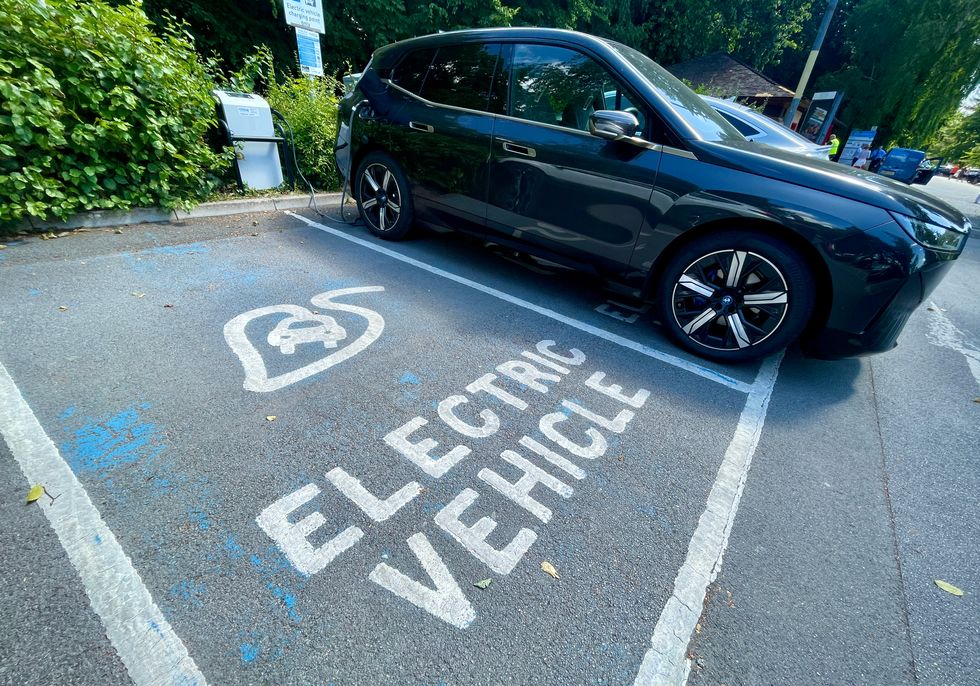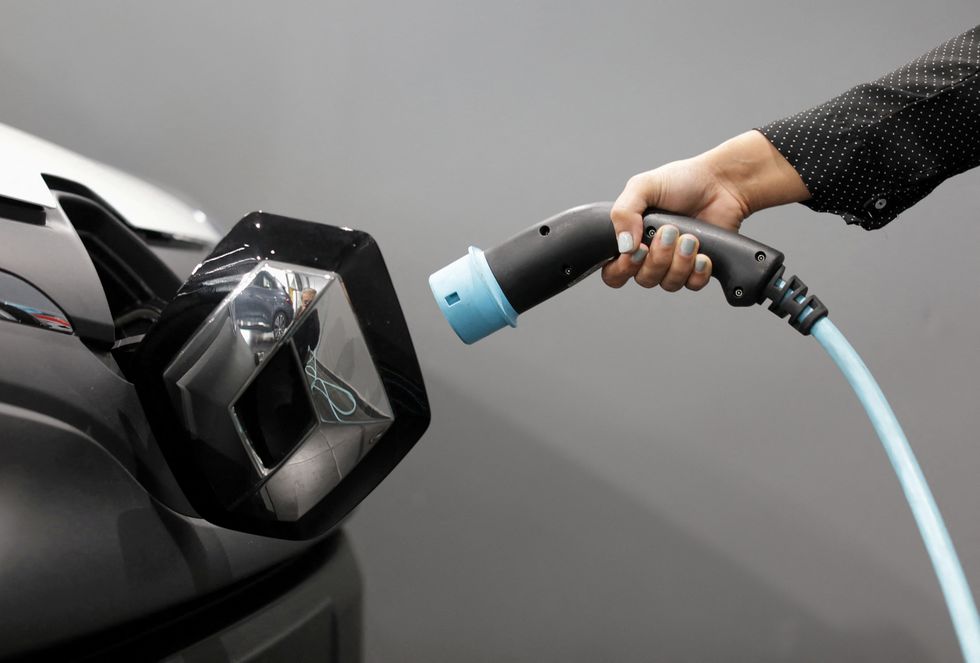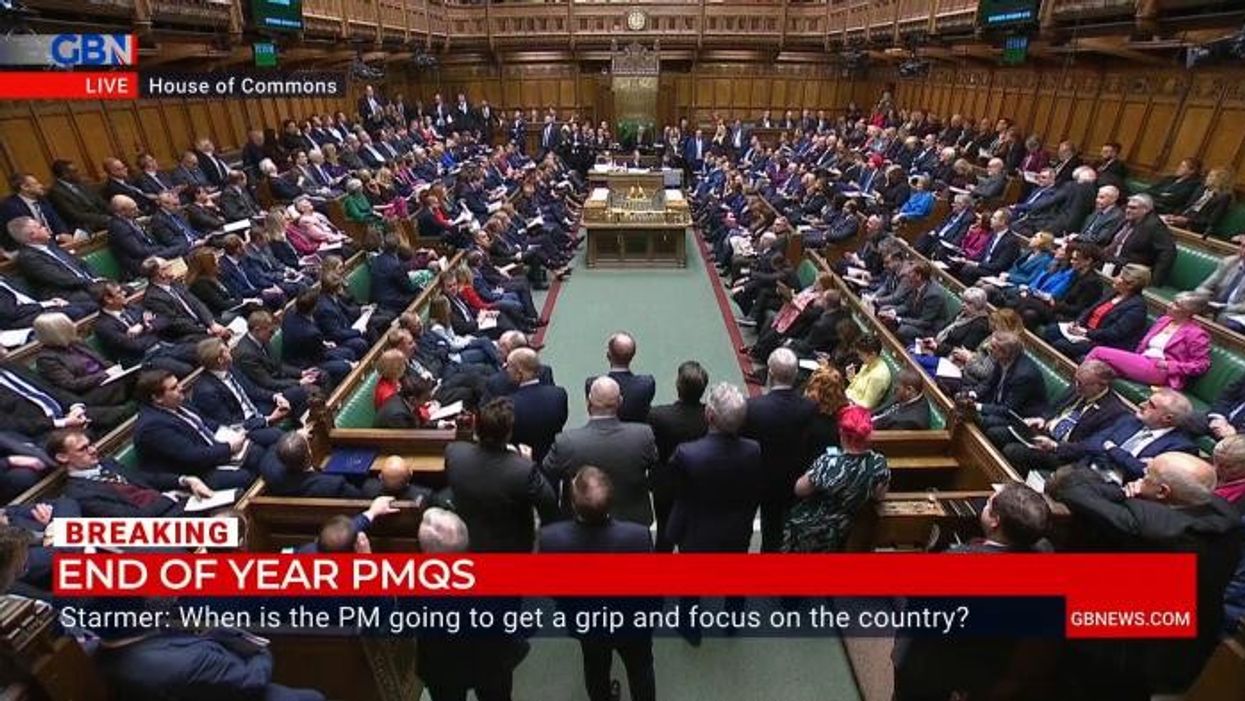One in 10 supermarkets offer an electric vehicle charger as they back Government plans for greener future

Sainsbury’s had the highest average number of rapid chargers per location
Don't Miss
Most Read
Latest
One in 10 supermarkets are now offering an electric vehicle charger as they support the Government's trajectory to become net zero by 2035.
Last year, supermarkets across the UK added electric vehicle chargers to over 600 new locations taking the total number of charging points up to 1,616 from 1,015 in 2022.
Charger installations also increased by two-thirds (69 per cent) with stores adding 1,195 new charging devices last year. This brought the total number up from 1,721 in January 2022 to 2,916 by the end of 2023.
Out of the total, 1,107 units installed were rapid or ultra-rapid chargers, marking an increase of 145 per cent from the 451 rapid chargers installed in 2022.

Supermarkets across the UK added electric vehicle chargers to over 600 new locations
| GETTYBy the end of last year, 10 per cent of all rapid and ultra-rapid chargers in the UK were based at supermarket locations, totalling 1,107 units out of 10,967.
Sainsbury’s took the biggest biggest year-on-year growth through the launch of its ultra-rapid network Smart Charge.
After installing just 53 units in 2022, the retailer nearly tripled its total device numbers in 2023 by adding 104 new chargers to its stores.
Sainsbury’s had the highest average number of rapid chargers per location, at four units per store across the 22 shops that provided high-powered charging.
Meanwhile, Tesco has 1,305 devices now in place across 4,859 shops with the retailer added 497 chargers to its stores last year.
Notably, Tesco has nearly 900 more devices than Morrisons, which has 413 chargers.
Although the number of Tesco sites with charging facilities increased by 50 per cent year-on-year, rising from 412 stores to 617 at the end of 2023, only 10 per cent (132) of its 1,305 devices were rapid or ultra-rapid, a report found.
Only 12 per cent of Tesco supermarkets have the capability to charge an EV at all, due to the size of its portfolio which includes many convenience stores without parking.
Simon Williams, EV spokesperson at RAC, said: “Concerns about the lack of public charge points are one of the biggest reasons why drivers aren’t choosing to go electric when buying their next car, with six-in-10 telling us this.
“It’s very encouraging to see supermarkets doing their best to allay these fears by ramping up EV charging facilities across a greater proportion of their estates.”
Morrisons was found to have 413 devices at 69 per cent (344) of its 497 stores, 99 per cent (342) of which had rapid devices.
Elsewhere, Lidl has 346 chargers at nearly a third (30 per cent) of its 960 stores in 2023, with 91 per cent (258) of the 285 EV locations offering rapid charging facilities.
LATEST DEVELOPMENTS:
 Demand for home electric car chargers has grown massively |
Demand for home electric car chargers has grown massively | Reuters
However, Asda uninstalled a large proportion of its devices after its contract ended with BP pulse, which meant EV chargers dropped by 72 per cent from 165 in 2022 to just 46 in place through 2023.
Melanie Shufflebotham, COO and co-founder of Zapmap, said: “With around 3,000 charge points now in place at supermarkets across the UK, it’s really positive to see this sustained growth at such popular charging locations for EV drivers.
“Not only did the total number of supermarkets offering EV charge points rise by almost 60 per cent last year, but we also saw significant growth in the number of those all-important rapid and ultra-rapid chargers.











